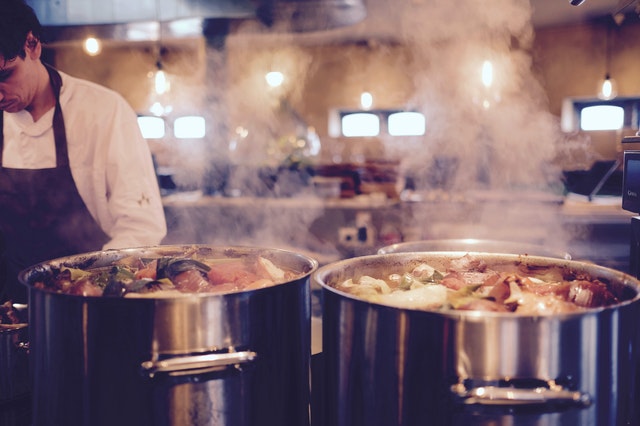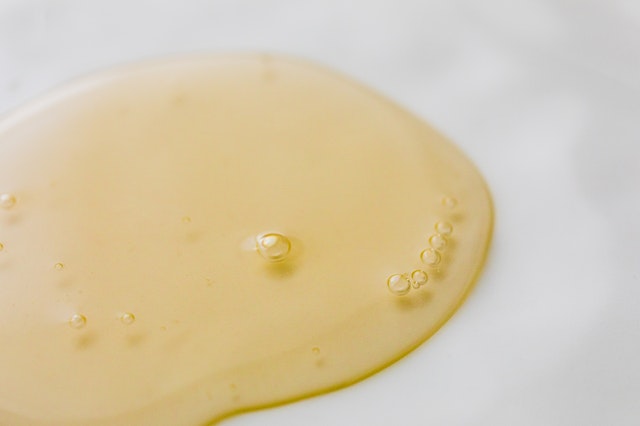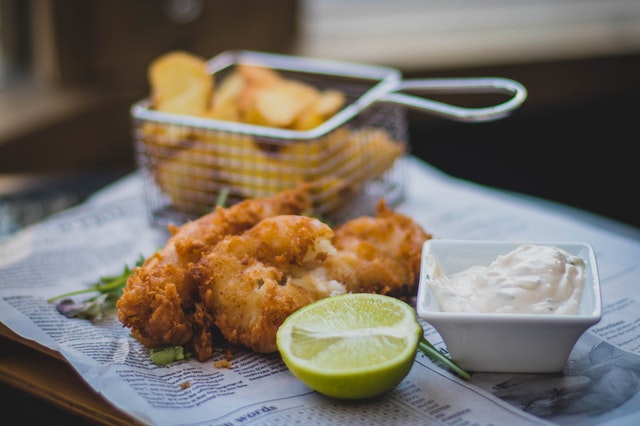Are you looking to dispose of your commercial kitchen’s cooking oil?
Used cooking oil is one of the most common by-products of any commercial kitchen. Unfortunately, there are still restaurants that dump the used cooking oil in the surrounding environment. A more eco-conscious approach is vital in these times.

Here are the top reasons why you should follow through with the proper restaurant cooking oil disposal procedures:
- Your commercial kitchen is going to be more efficient and problem-free
- There are fewer safety risks involved in the daily operation of your restaurant
- Your business contributes to more sustainable operating practices
- You may see an increase in long-term employee engagement
- The right disposal of cooking oil can even result in higher food quality and better working conditions in the restaurant
Choosing the right way for disposing of your cooking oil has numerous upsides. In the following paragraphs, you’ll learn more about how to trap your used cooking oil and how it will benefit our environment.
The Starting Point: How to Trap Cooking Oil
The first step isn’t cooking oil disposal. You need to start by properly collecting all that oil waste. If you still pour some of the used cooking oil down the drain, it’s best to steer clear of that practice at the earliest opportunity.
The grease that you pour in the piping will cause build-up over time. One of the major reasons behind sewer blockages is the improper disposal of commercial kitchen grease. But that’s not all of it.
Even after clearing these blockages, you don’t want the used cooking oil to end up in wastewater. Used vegetable oil may feel like an “organic” product, but it’s definitely not beneficial to the surrounding environment.
The cooking processes change the chemical structure of these oils. And when that cooking oil reacts with other compounds in the wastewater, you may get substances that threaten wildlife and peoples’ health.
Collect your used cooking oil by investing in a grease trap. This type of device prevents fats, oils, and greases (aka FOGs) from reaching the sewers or septic tanks.
The inner workings of grease traps are made to capitalize on the fact that oils and water don’t mix. The intricate components of the device remove the FOGs while allowing the water to pass through the trap with no issues.
What Happens to Your Used Cooking Oil?
We at Greasecycle® can take your cooking oil and take it to the professionals who recycle the oil and turn it into a useful product. Based in Raleigh, our company sources cooking oil from commercial kitchens all over North Carolina.
One of the most common purposes for used cooking oil is the feedstock into biodiesel production. Yes, your used cooking oil can help in the production of environmentally-sound biodiesel.

When you compare its biodegradation rate, it’s five times faster than the rate of petroleum diesel. The associated cleaner burn leads to a reduction in the released carbon monoxide in the process.
Contrary to popular opinion, biodiesel isn’t strictly a niche product. Under the right circumstances, biodiesel can be used for commercial fuel purposes. But this means a rigorous screening process that sees the removal of unfit compounds.
Biodiesel is a non-toxic alternative to mainstream fuels. It’s much safer to handle. Even if you spill biodiesel, the associated risks are much smaller compared to petroleum diesel spills.
How Is Your Cooking Oil Removed?
The process of grease trap pumping is used to remove all of that disposed cooking oil from your restaurant kitchen. This step is taken right before delivering the collected oils and fats to the processing facility.
Every grease trap pumping involves a truck with a large grease tank. That tank is connected to your grease trap via a hose. The grease trap’s contents are pumped into the tank.
But before the truck drives off, the grease removal professionals will make sure that no hardened fats, oils, nor greases are left inside the trap. They will manually scrape the device’s inner surfaces to remove hardened particles.
What Can You Do as a Restaurant Owner to Make Things Easier?
You should always obtain the grease trap services according to the regulations and recommendations. But if you want to maximize the idle period between the service times, follow these recommendations:
- Make it known to your employees that cooking oil must be kept out of the wash water
- Don’t connect your garbage disposal or high-temperature dishwasher to the grease trap
- Remove cooking oil from your pots, trays, pans, and kitchen utensils before washing these items in your commercial kitchen
- Bake more, fry less – you’ll have a lower cooking oil output rate

Ensure Proper Installation of Your Grease Trap
An improper installation of a grease trap can result in numerous problems for you as a restaurant owner. Unfortunately, it’s a rather common situation that many commercial kitchens have to deal with.
The typical signs of a faulty installation include the following:
- The device has stopped collecting oils and greases
- The used oils escape the grease trap, causing a leaky mess in your kitchen
- Noises coming from the machine bother your employees
If you are still in the planning phase of a grease trap installation, make sure to hire an experienced company. Otherwise, you may have to deal with more expenses after the sub-standard installation of your unit.
In a Nutshell: How Do Restaurants Dispose of Cooking Oil
Some restaurants still pour their used cooking oil down the drain. However, this is a practice that harms the environment and leads to sewer blockages. There are smarter options available to you as a commercial kitchen owner.
Grease traps are devices that collect all of that used cooking oil and other types of grease output. The collected biomass can be used for feeder stock into the biodiesel production. Utilizing a grease trap is a smarter and safer alternative to other types of cooking oil disposal methods.